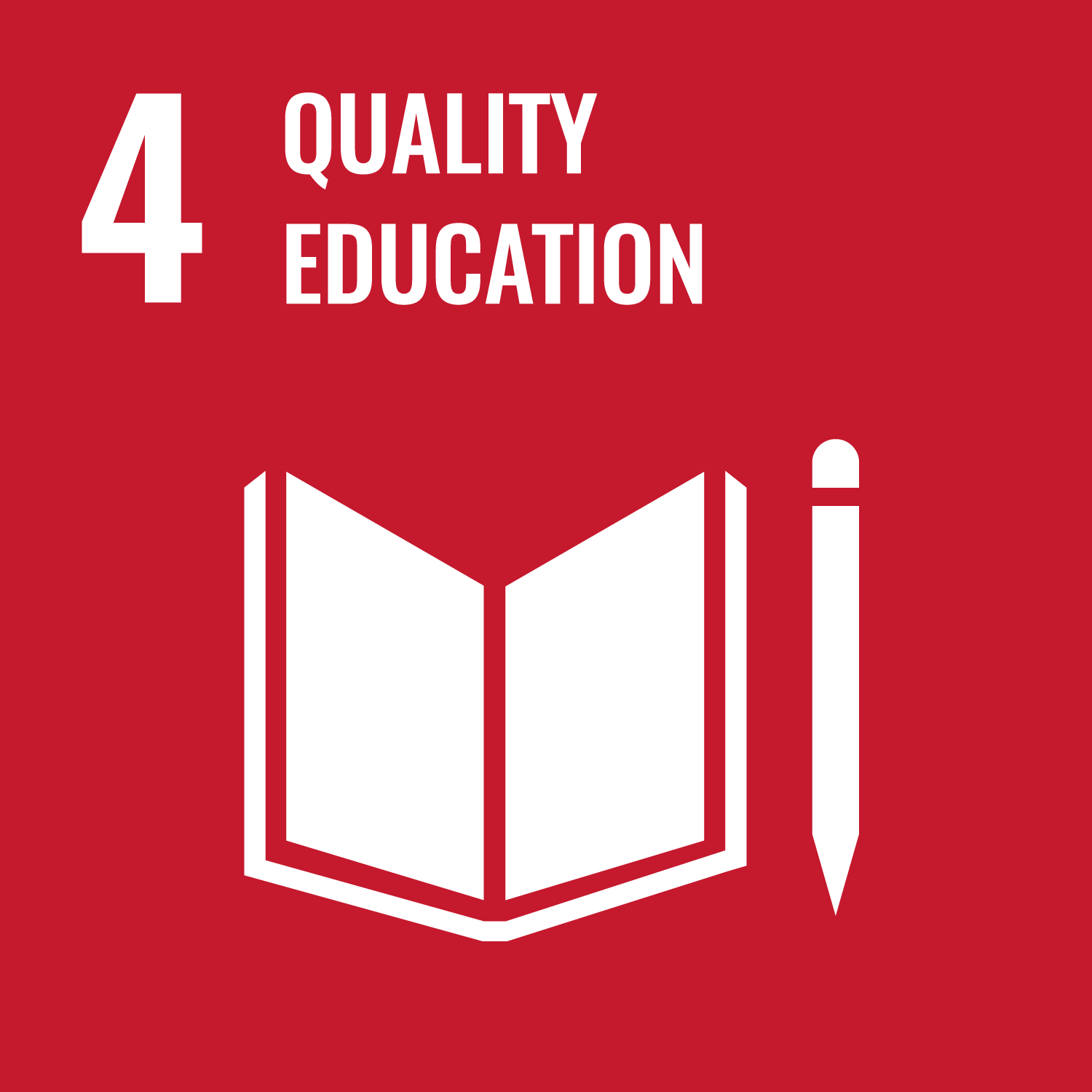ORCID
- Victoria Allgar: 0000-0002-5228-2623
Abstract
ObjectivesTo assess the feasibility of recruitment, retention, outcome measures and intervention training/delivery among teachers, parents and children. To calculate a sample size estimation for full trial.DesignA single-centre, unblinded, cluster feasibility randomised controlled trial examining Social Stories delivered within a school environment compared with an attentional control.Setting37 primary schools in York, UK.Participants50 participants were recruited and a cluster randomisation approach by school was examined. Participants were randomised into the treatment group (n=23) or a waiting list control group (n=27).Outcome measuresAcceptability and feasibility of the trial, intervention and of measurements required to assess outcomes in a definitive trial.ResultsAn assessment of the questionnaire completion rates indicated teachers would be most appropriate to complete the primary outcome measure. 2 outcome measures: the Social Responsiveness Scale (SRS)-2 and a goal-based measure showed both the highest levels of completion rates (above 80%) at the primary follow-up point (6 weeks postintervention) and captured relevant social and behaviour outcomes. Power calculations were based on these 2 outcome measures leading to a total proposed sample size of 180 participant groups.ConclusionsResults suggest that a future trial would be feasible to conduct and could inform the policy and practice of using Social Stories in mainstream schools.Trial registration numberISRCTN96286707; Results.
DOI Link
Publication Date
2016-01-01
Publication Title
BMJ Open
Volume
6
Issue
8
ISSN
2044-6055
Acceptance Date
2016-06-06
First Page
11748
Last Page
11748
Recommended Citation
Marshall, D., Wright, B., Allgar, V., Adamson, J., Williams, C., Ainsworth, H., Cook, L., Varley, D., Hackney, L., Dempster, P., Ali, S., Trepel, D., Collingridge, M., Littlewood, E., & McMillan, D. (2016) 'Social Stories in mainstream schools for children with autism spectrum disorder: a feasibility randomised controlled trial', BMJ Open, 6(8), pp. 11748-11748. Available at: 10.1136/bmjopen-2016-011748


